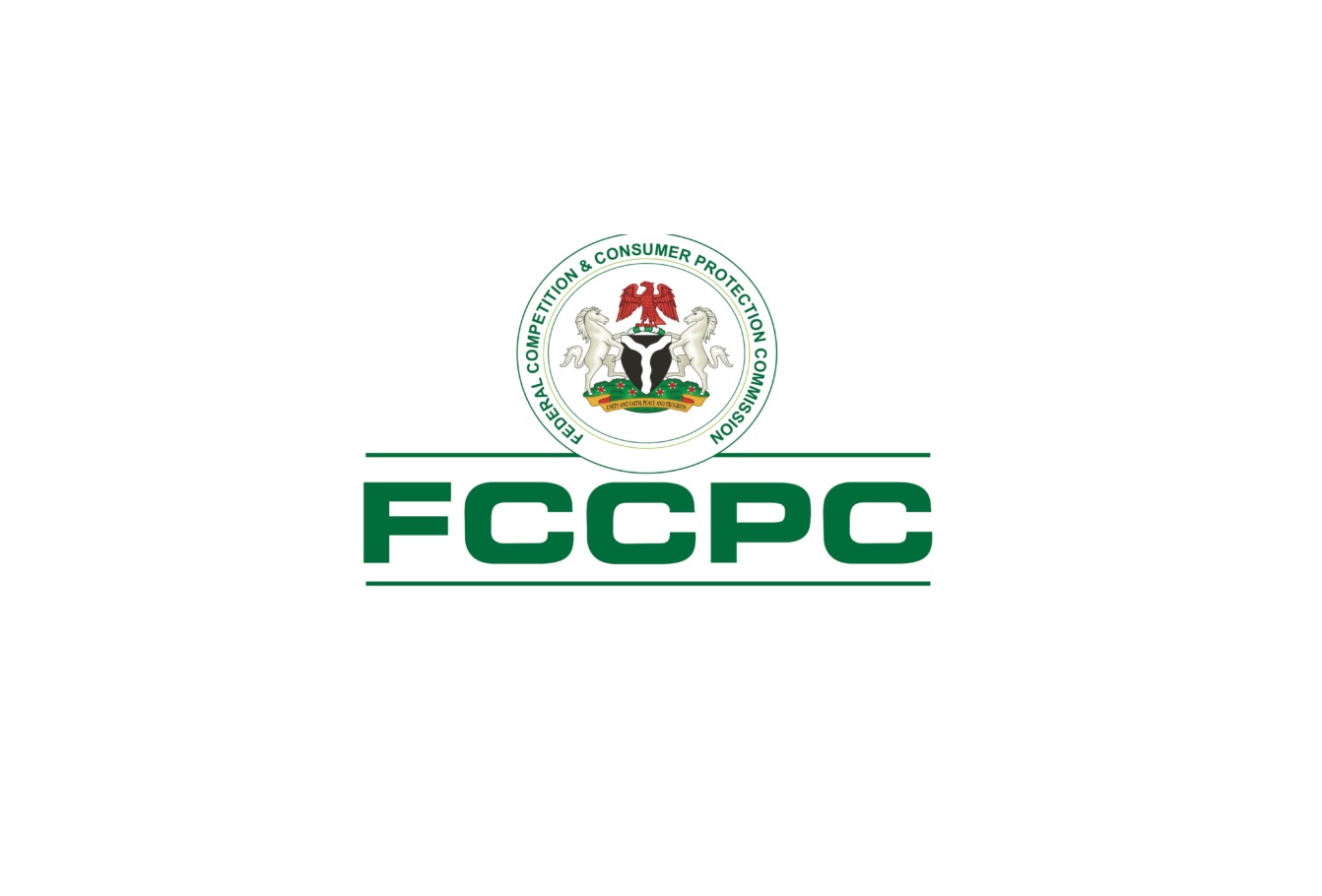
August 30, (THEWILL) – The Federal Government has granted a one-month grace period for traders and market stakeholders to lower prices of goods. Executive Vice Chairman of the Federal Competition and Consumer Protection Commission (FCCPC), Tunji Bello, who gave the ultimatum during a stakeholder engagement on exploitative pricing held in Abuja, on Thursday, said enforcement actions against unfair pricing practices will begin after the grace period. The stakeholder engagement aimed to confront the growing issue of excessive pricing and address the unethical practices observed within various market associations.
Lamenting the excessive price inflation by traders, Bello said the Ninja fruit blender was priced at $89 (approximately N140,000), in a Texas supermarket, while the same item was listed at N944,999 in a Victoria Island, Lagos supermarket. Such stark differences, he remarked, reflect broader issues of market manipulation that threaten economic stability. “Under Section 155 of the FCCPC Act, violators—whether individuals or corporations—face significant penalties, including hefty fines and imprisonment, if found guilty.

This measure is intended to deter illicit practices. However, our approach is not punitive at this stage. “We are providing a one-month grace period for stakeholders to adjust their pricing practices before we implement strict enforcement.
“While we recognise the genuine concerns raised by stakeholders; such as rising transportation costs and multiple layers of taxation; it is also essential to address any collusion among traders aimed at exploiting consumers”, he said. Stakeholders also highlighted factors driving price increases, ranging from high import duties at ports, excessive bank interest rates, rent increases, high electricity bills and inflated prices from supply chains..














